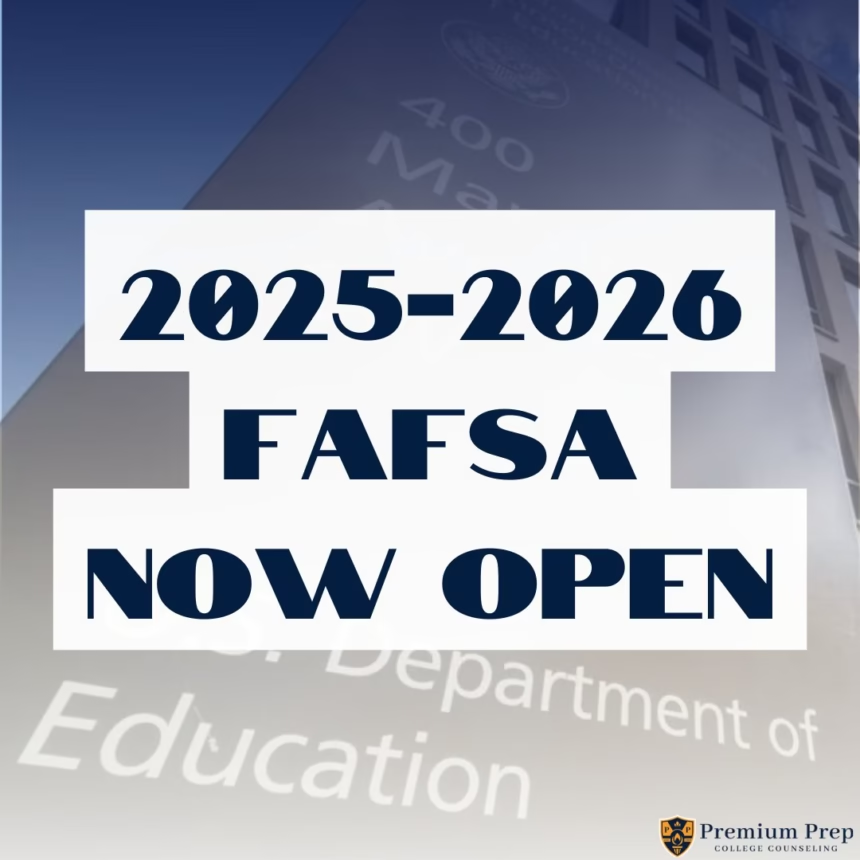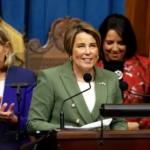The Healey-Driscoll Administration is calling on Massachusetts families and students—especially those from low-income communities—to promptly complete the Free Application for Federal Student Aid (FAFSA) for the 2025-2026 academic year.
The FAFSA is a mandatory step for students seeking access to a wide range of federal and state financial aid programs, including free community college and tuition-free enrollment in the state’s public universities.
“Earlier this year, we visited several high schools across Massachusetts as part of our Higher Education Financial Aid Road Show,” said Education Secretary Dr. Patrick Tutwiler. “Students told us they wanted to attend college, but many were unaware of the historic amount of financial aid now available. Massachusetts offers nearly $400 million in student aid, and the first step to accessing it is completing the FAFSA,” he stated in a press release.
The website Mass.Gov/FinancialAid offers a centralized hub for free financial aid support, including assistance from partners like the Massachusetts Educational Financing Authority (MEFA) and Massachusetts Education & Career Opportunities (MassEdCO). High school students can also get help from their school counselors.
“Too many students miss out on valuable resources simply because they don’t complete the FAFSA,” said Higher Education Commissioner Noe Ortega. “That affects whether they can attend their school of choice—or college at all. Access to higher education and the upward mobility that comes with it starts with applying for financial aid.”
According to the Department of Elementary and Secondary Education (DESE), nearly 50% of public high school seniors in Massachusetts have submitted the FAFSA for 2025-2026. However, low-income students—who stand to benefit most from available aid—are less likely to complete the form. The National College Attainment Network (NCAN) ranks Massachusetts seventh in the country for FAFSA completion, above the national average, as highlighted by Secretary Tutwiler.
To boost FAFSA completion, the state has launched a range of initiatives, including partnerships with MEFA, MassEdCO, and the Massachusetts School Counselors Association (MASCA); public awareness campaigns; and targeted support through the federal GEAR UP program, which offers one-on-one college readiness assistance. DESE has also deployed a tool that enables schools to monitor students’ progress with FAFSA completion and provide timely support.
“Filling out the FAFSA is a crucial step in unlocking the financial aid that makes college possible for so many students,” emphasized MEFA Executive Director Thomas Graf. “We’re proud to partner with the Healey-Driscoll Administration to ensure every Massachusetts student has access to high-quality guidance.”
“If students still need help over the summer, our MassEdCO team is ready to assist,” added Mark Bilotta, CEO of MassEdCO. “They can visit MassEdCO.org and book an appointment with one of our Educational Opportunity Centers.”
The “College is Possible” campaign, launched by Governor Healey’s administration, wrapped up in mid-May. It aimed to inform both high school seniors and adult learners about available financial aid opportunities through billboards, TV, radio, and digital ads in English and Spanish.
While the priority deadline for the state’s MASSGrant program passed on May 1, students can still qualify for federal Pell Grants and other state-funded financial aid by submitting the FAFSA. For students ineligible to file a FAFSA, the state offers an alternative: the Massachusetts Application for State Financial Aid (MASFA).
The administration strongly encourages students to complete the form as soon as possible to ensure timely receipt of financial aid packages and to make informed decisions before the fall enrollment deadline.







